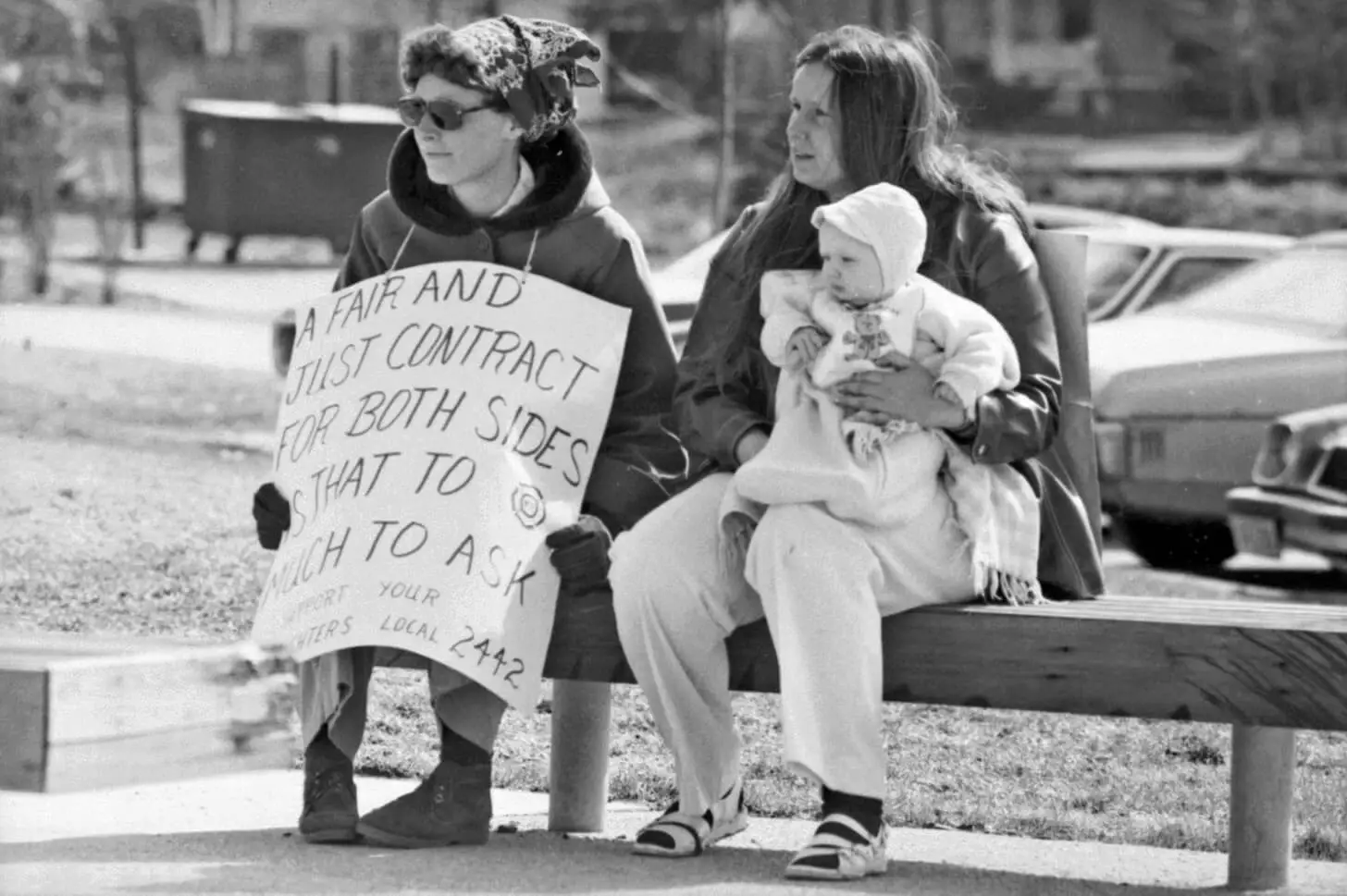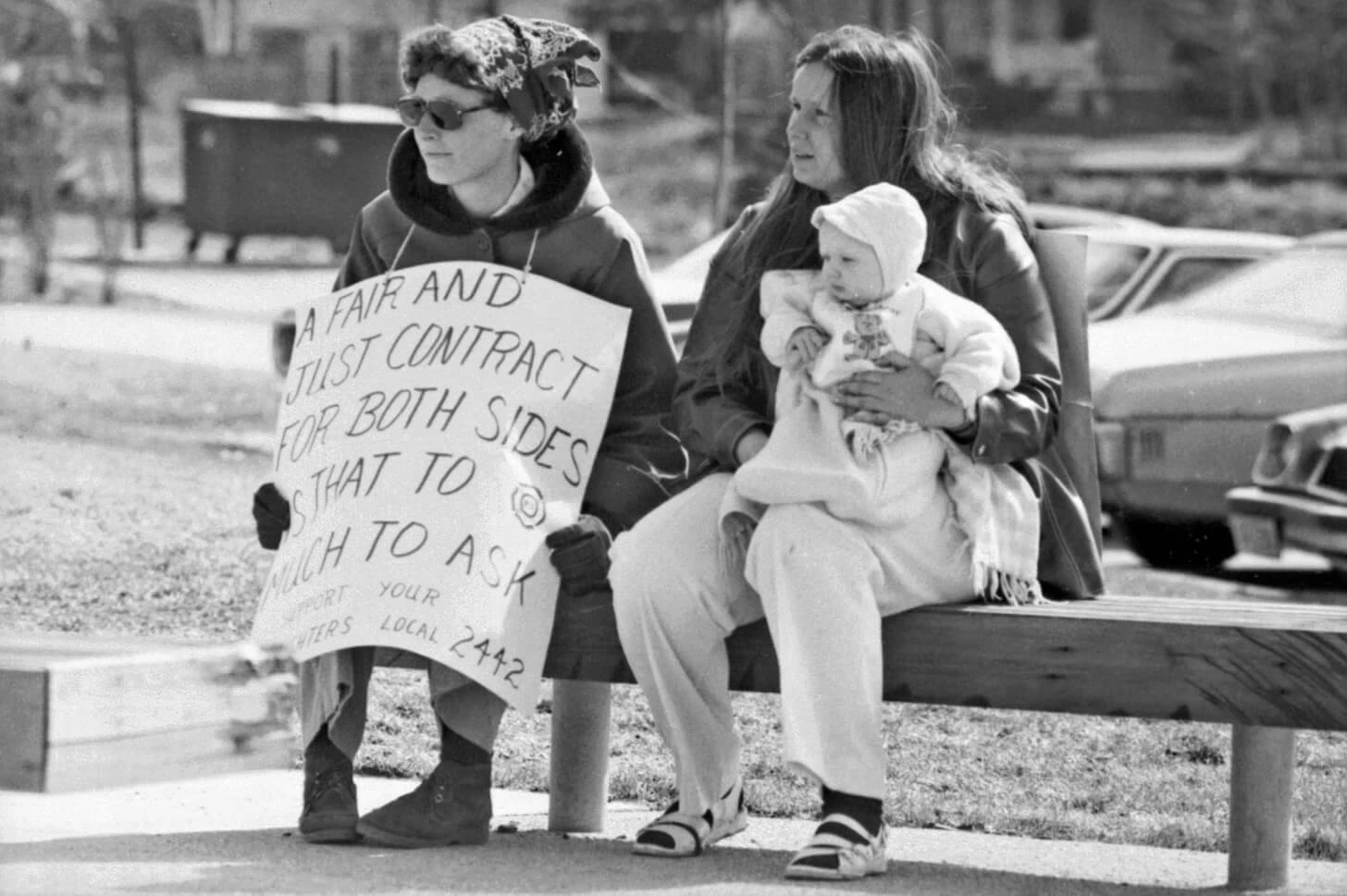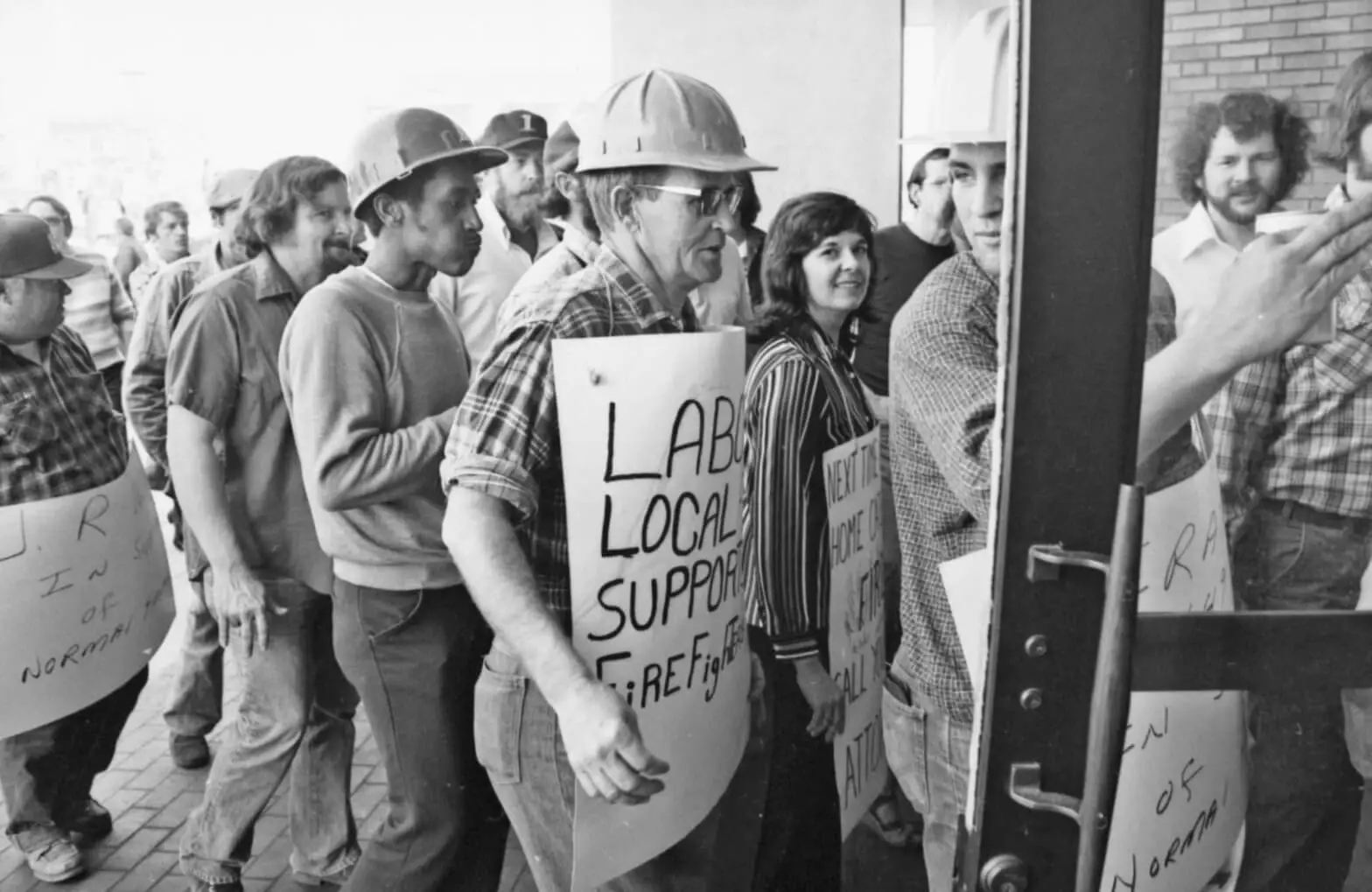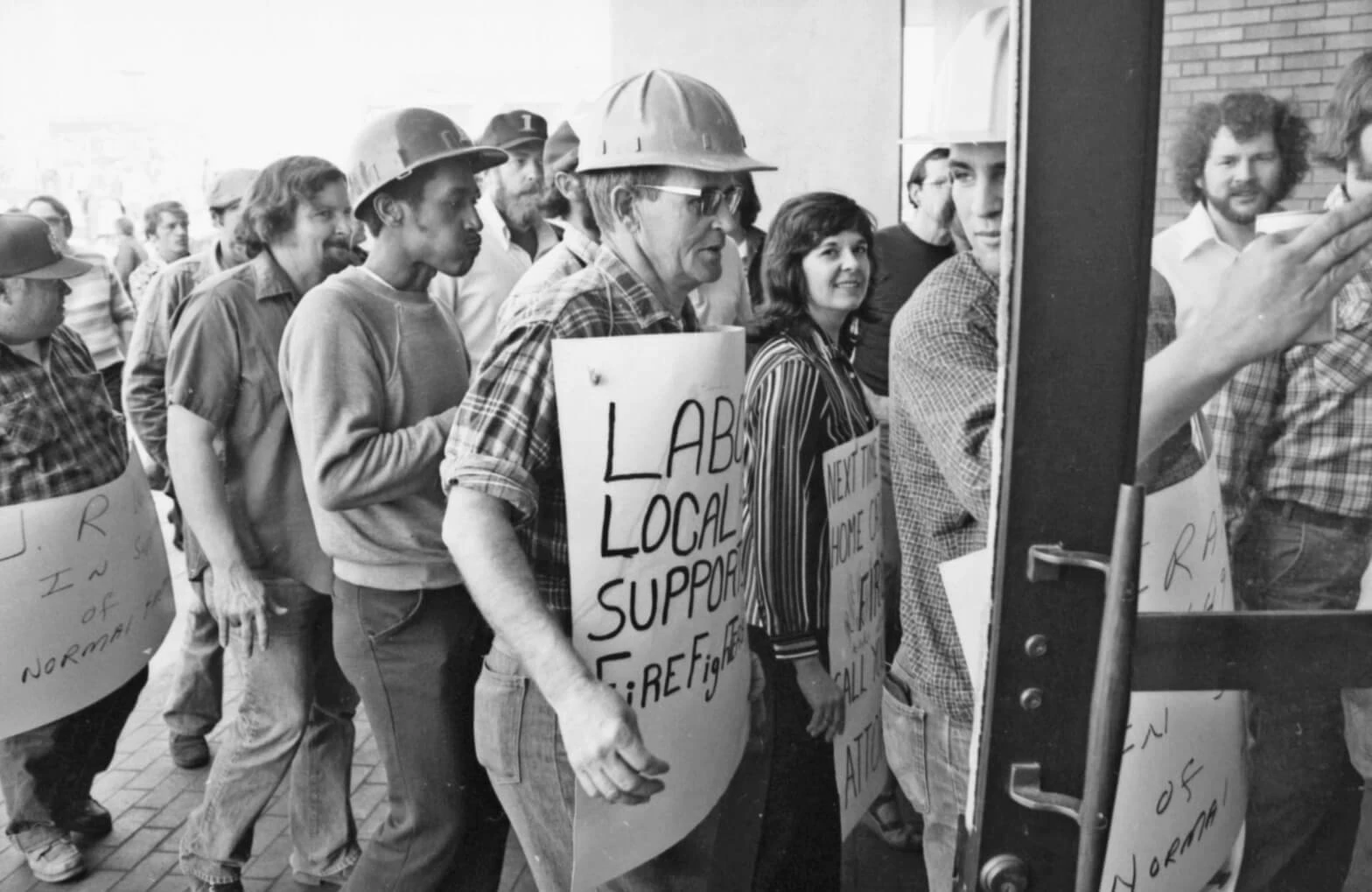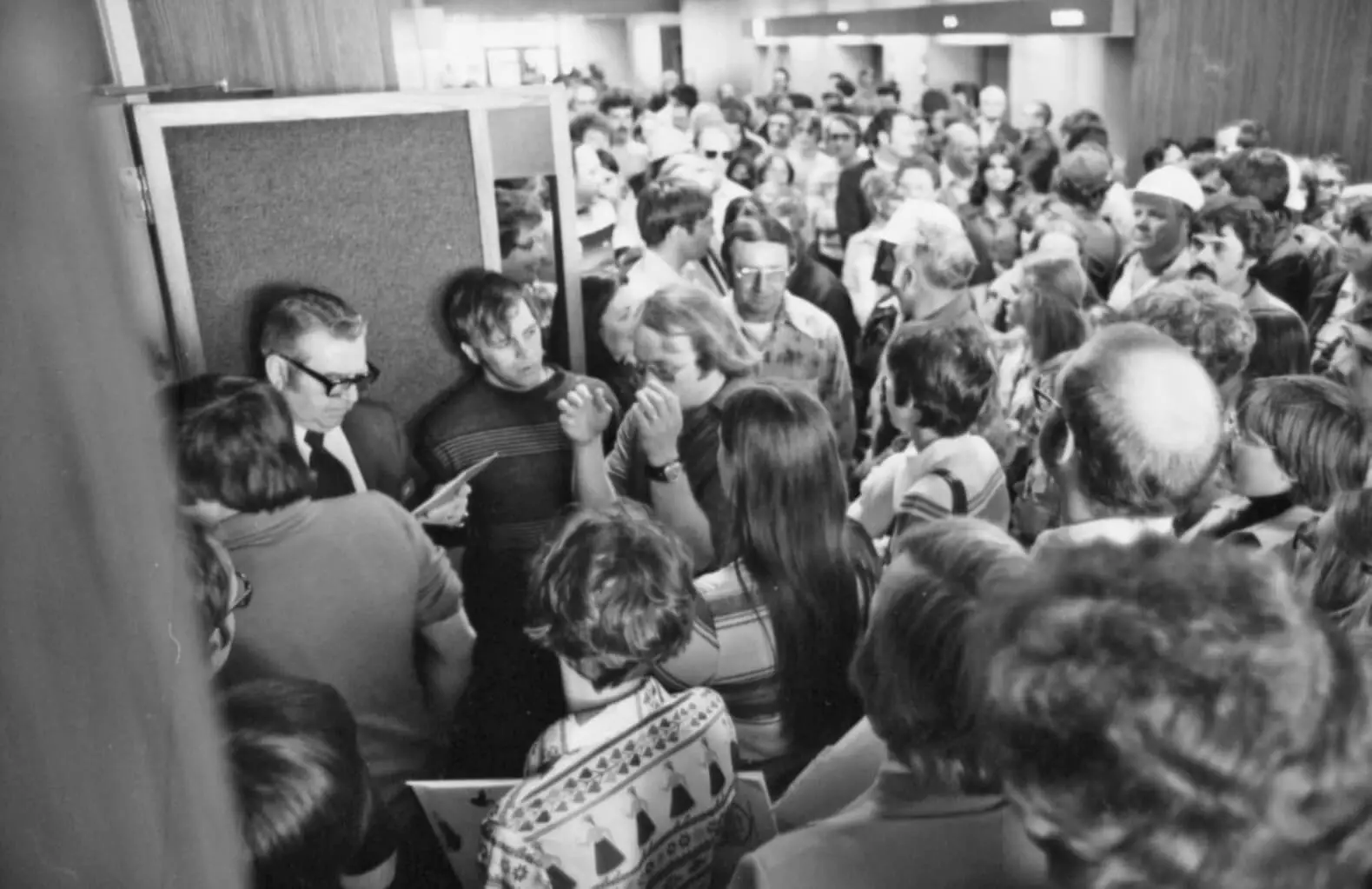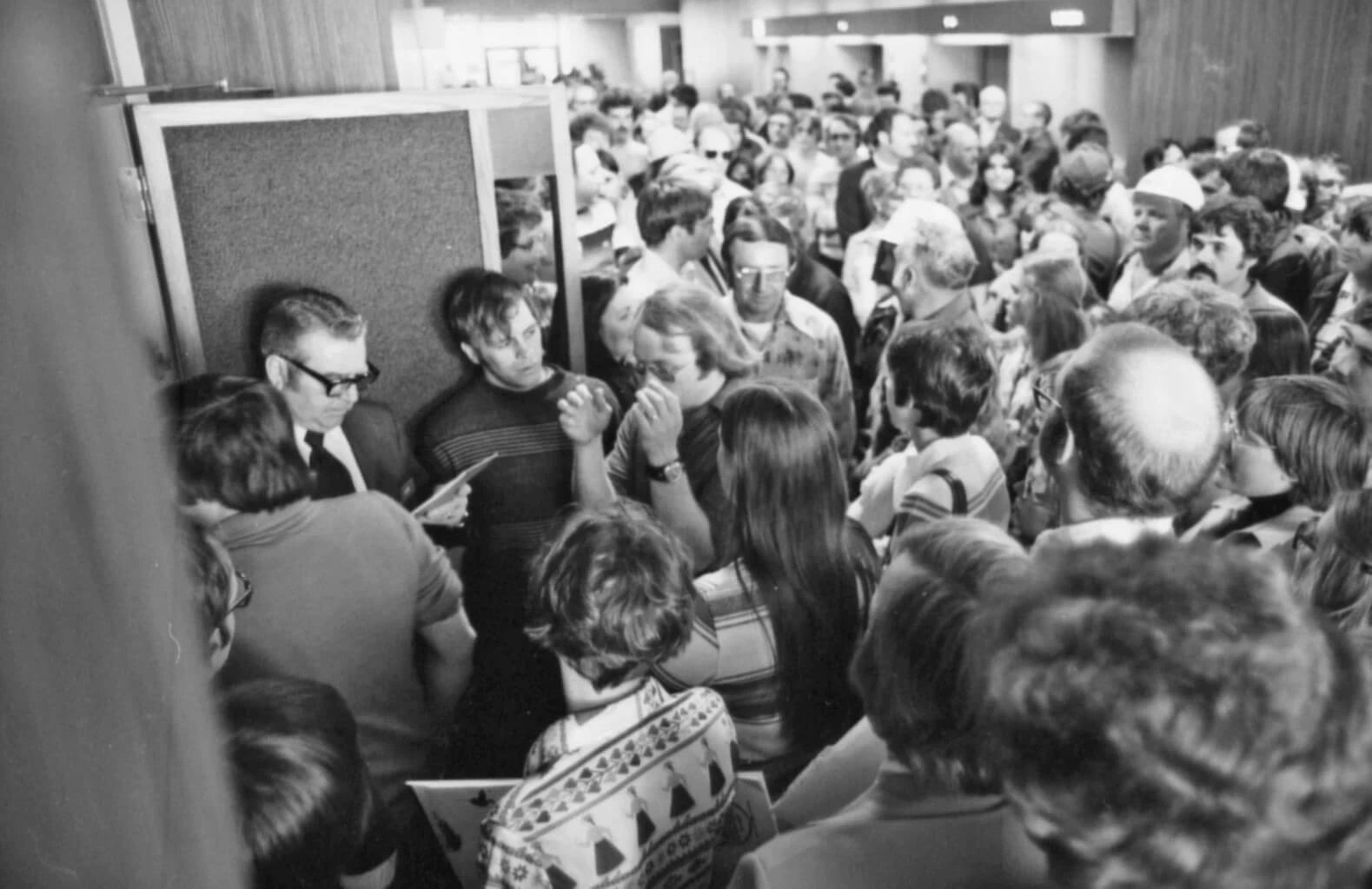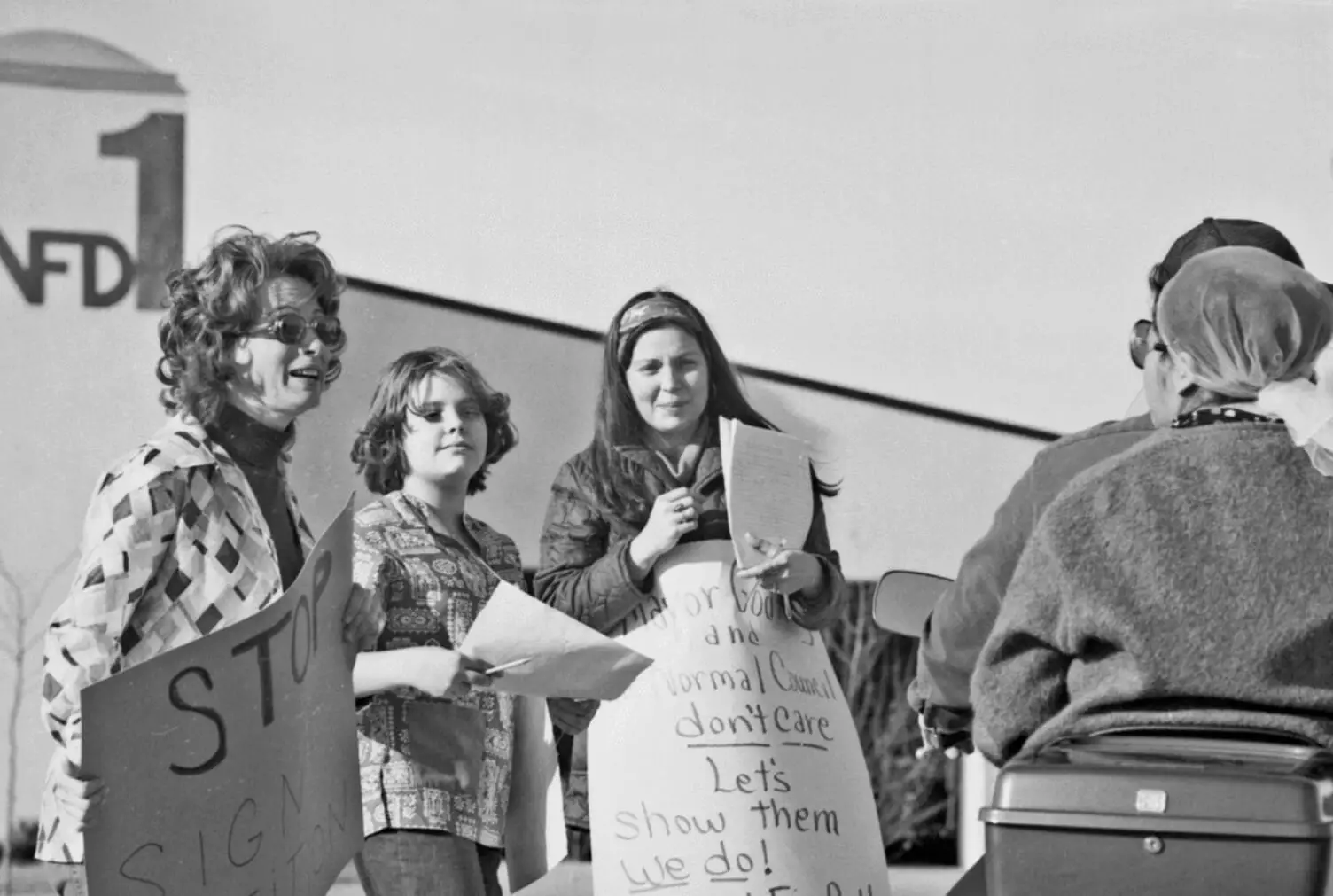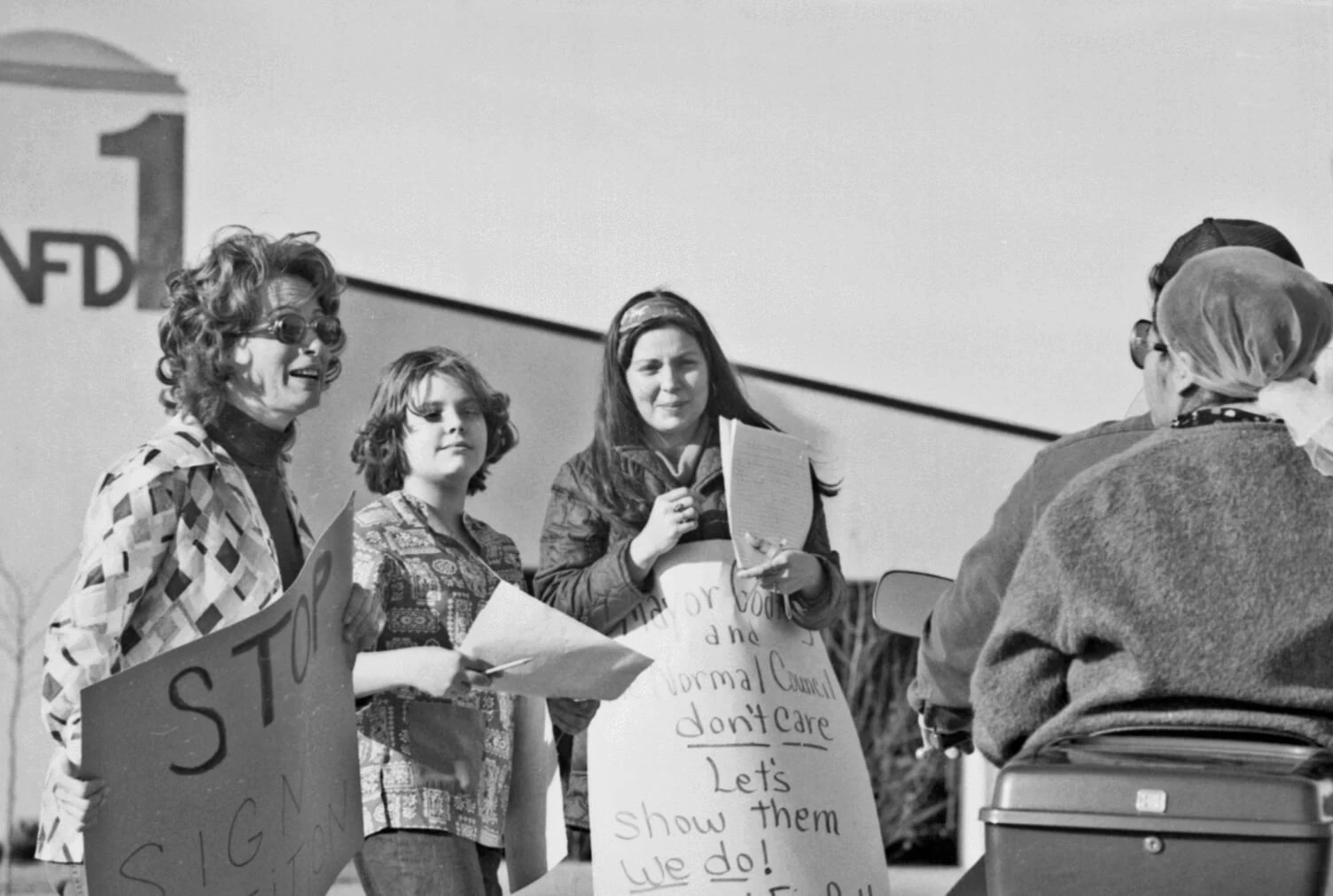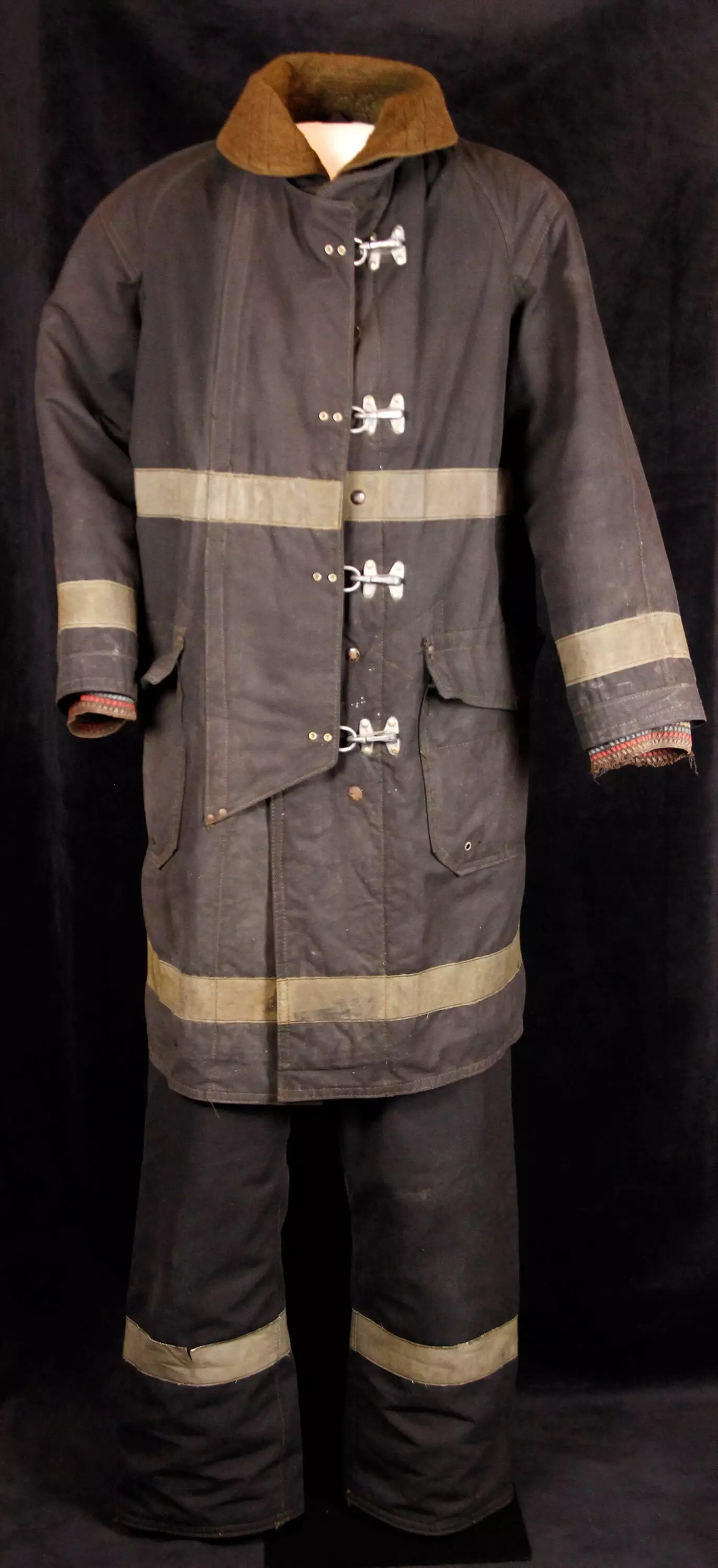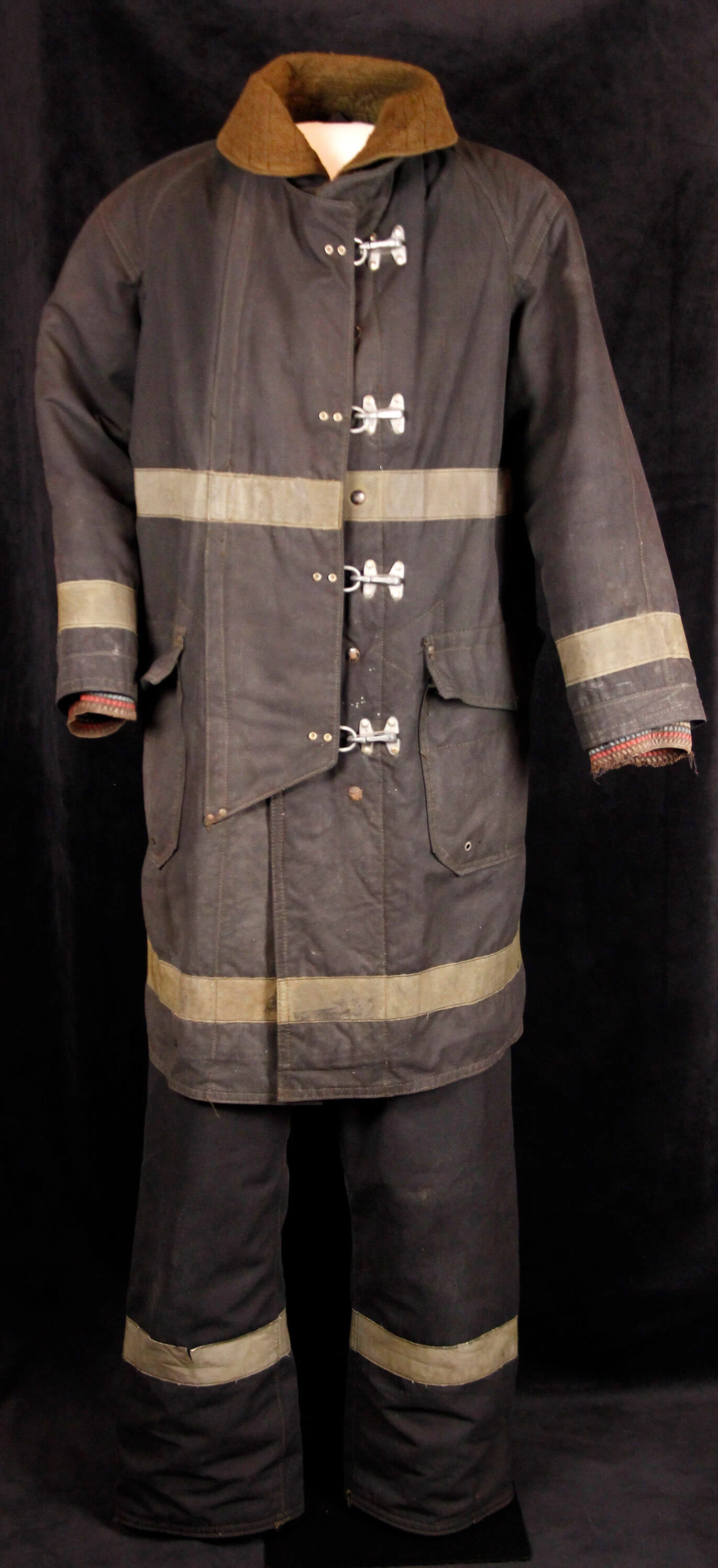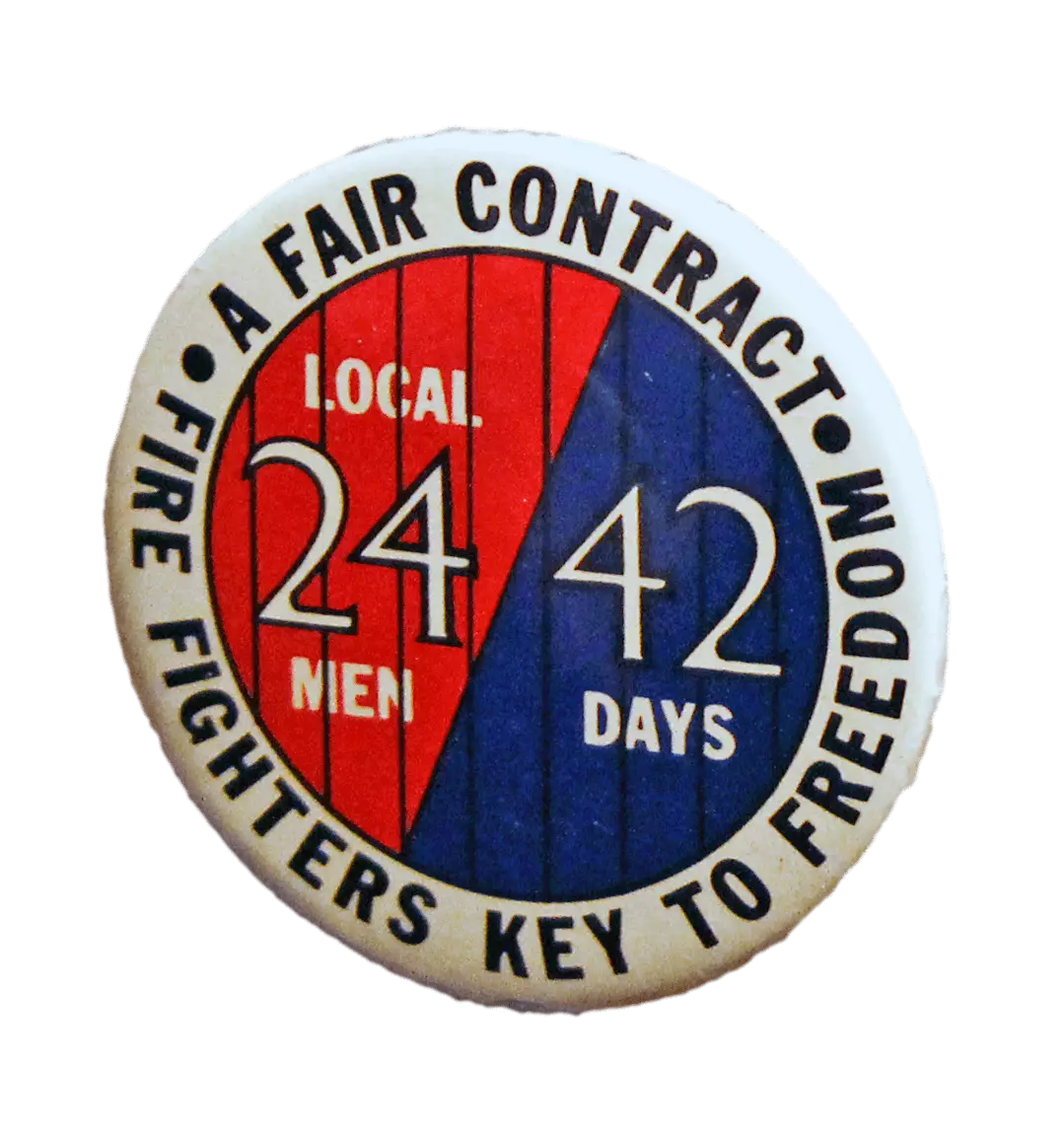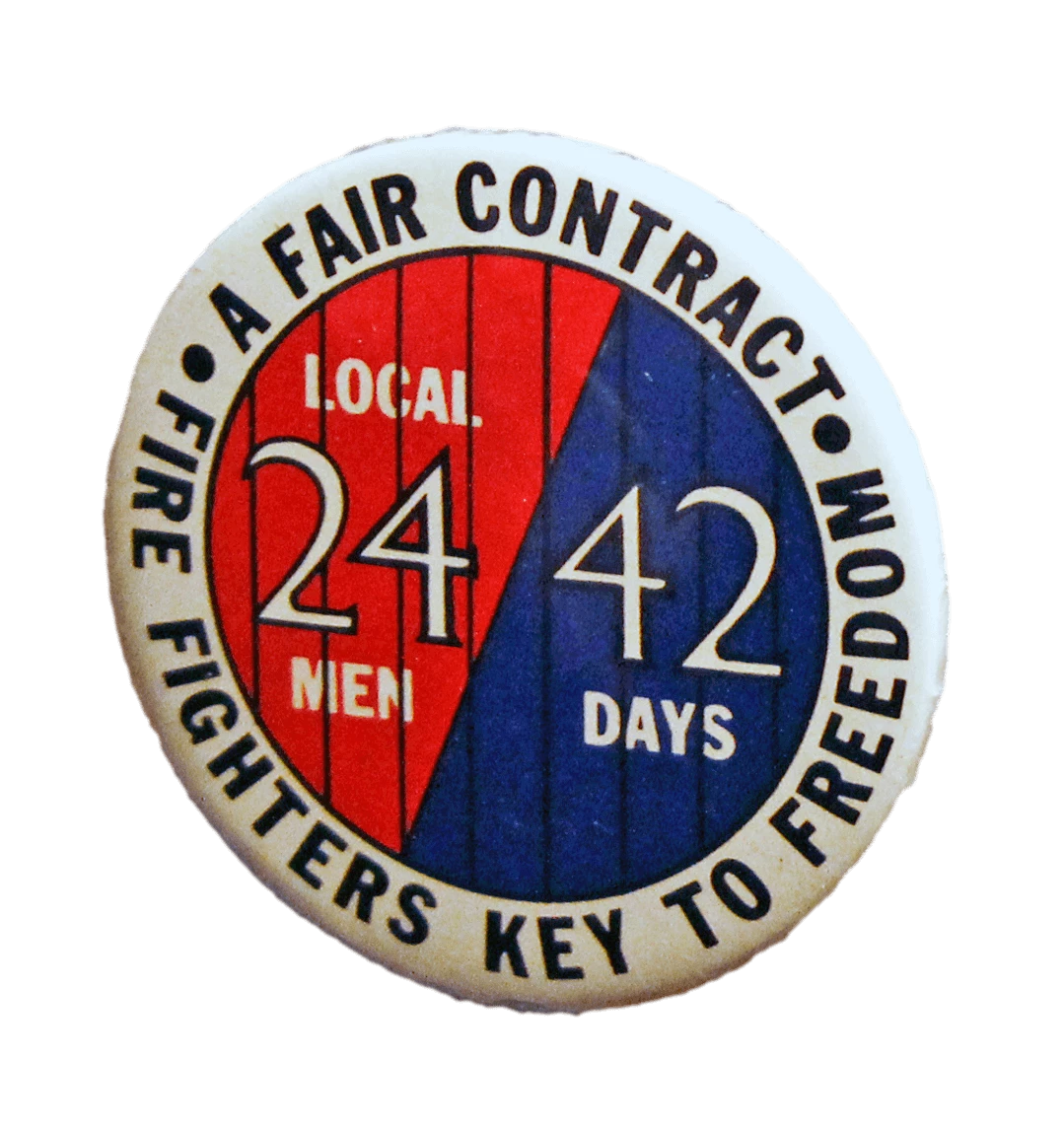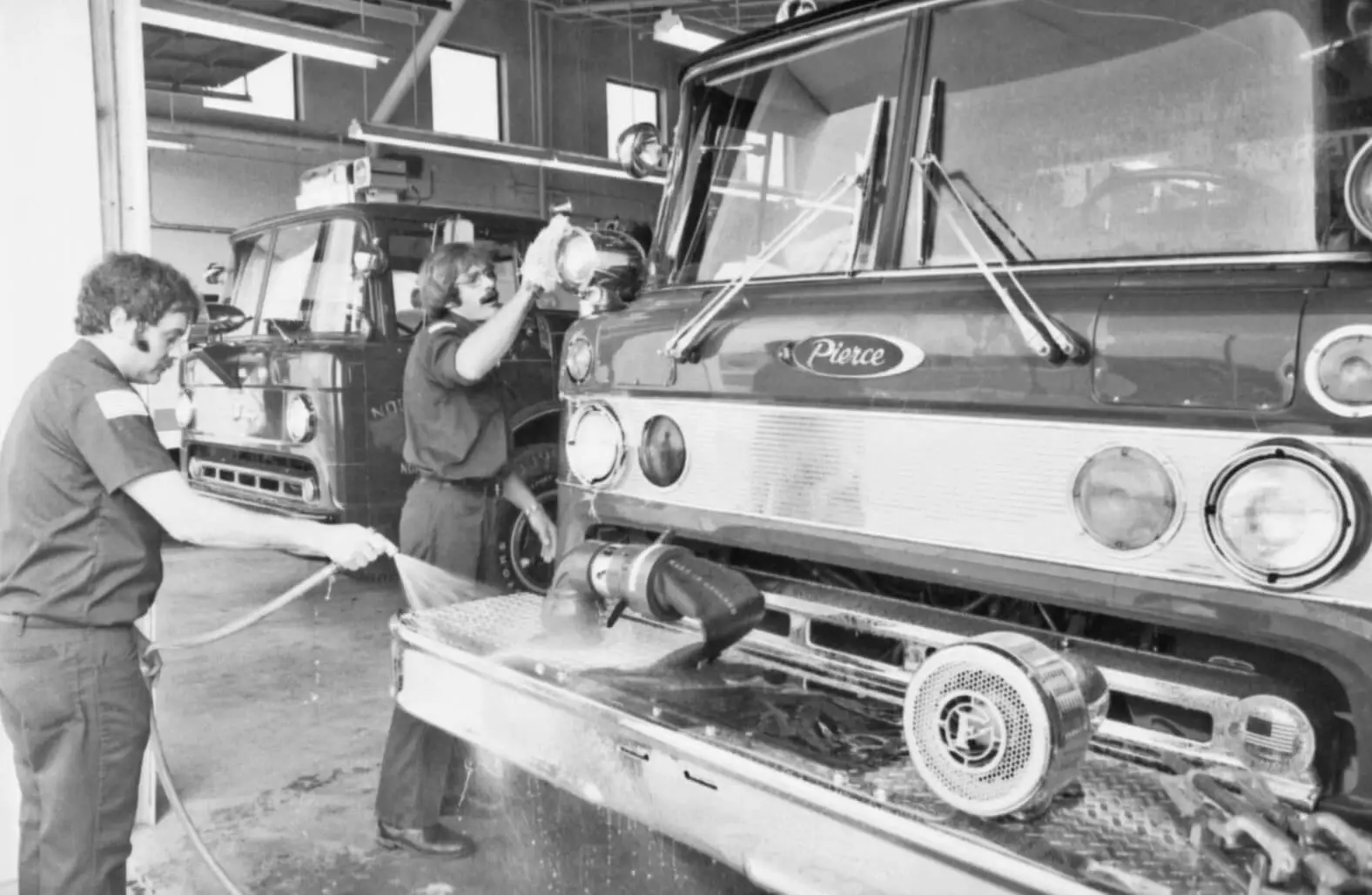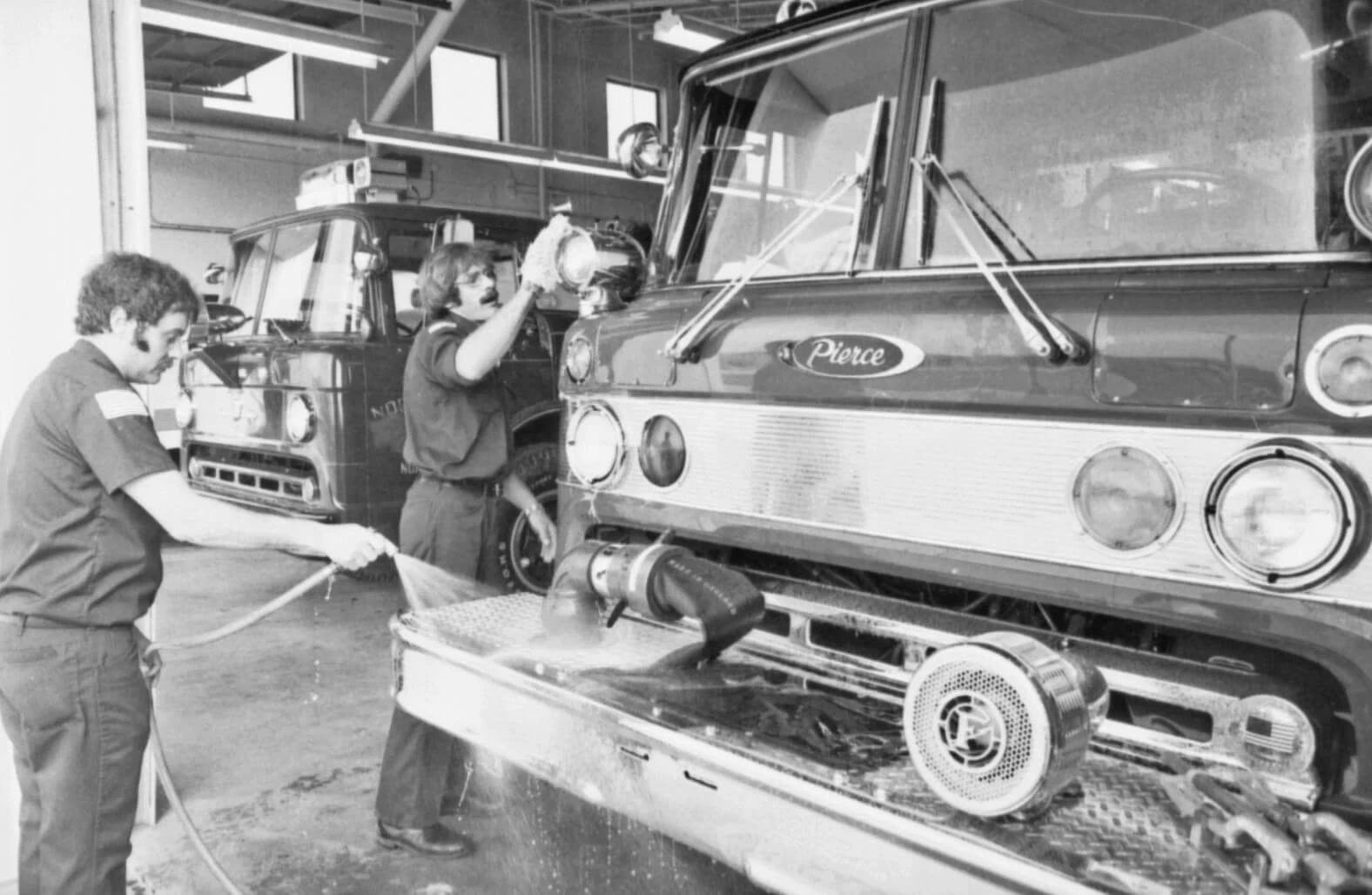1978
Who had the power to strike?The Town of Normal
The Town of Normal recognized the union, but considered their officers management, rather than part of the union’s bargaining unit. On March 20, 1978 Normal’s Town Council voted to exclude firefighters from the town’s pay plan, leaving their working conditions open to negotiation. The council also voted to leave officers on the town pay plan, thus solidifying their exclusion from the contract bargaining process.
Firefighters
The firefighters believed that their officers were needed if they were to have any power as a bargaining unit — contract negotiations had broken down in the fall of 1977 when Normal refused to include their officers in their union bargaining unit.
Who had the power?
On March 21, 1978, all 27 Normal firefighters, including officers, walked off the job knowing their strike was illegal and that they could go to jail. They were frustrated with what they considered "false promises" for better conditions from town management. Negotiations had stalled the previous fall, and they were no longer willing to work without a contract.
Rather than renewing negotiation efforts, the Town of Normal sought a temporary restraining order against the firefighters. Judge William Caisley postponed the decision to provide time for court hearings, and demanded continued negotiations. But on March 27, Judge Caisley ordered the firefighters back to work.
“If we’re out a week, two weeks, three weeks or a month, it doesn’t make any difference. We aren’t going back to work under false promises.”
— Ron Lawson, President of the Normal Firefighters Association
Negotiations resumed the following day. But with Normal still refusing to recognize officers, the firefighters decided they would risk being jailed. They resumed their strike on March 30.
On March 31, the firefighters appeared in court. Judge Caisley ordered the officers to go to jail for 42 days, citing contempt of court—a typical ruling in a strike situation. But then he did something totally unprecedented—he also ordered the remaining firefighters to jail for the same period of time.
Judge Caisley declared the Adelaide Street Fire Station a work-release center and divided the firefighters (minus the officers) into two groups that would alternate between jail and the work-release center. The Town was charged with paying the firefighters their regular pay, overtime, and the cost of guards.
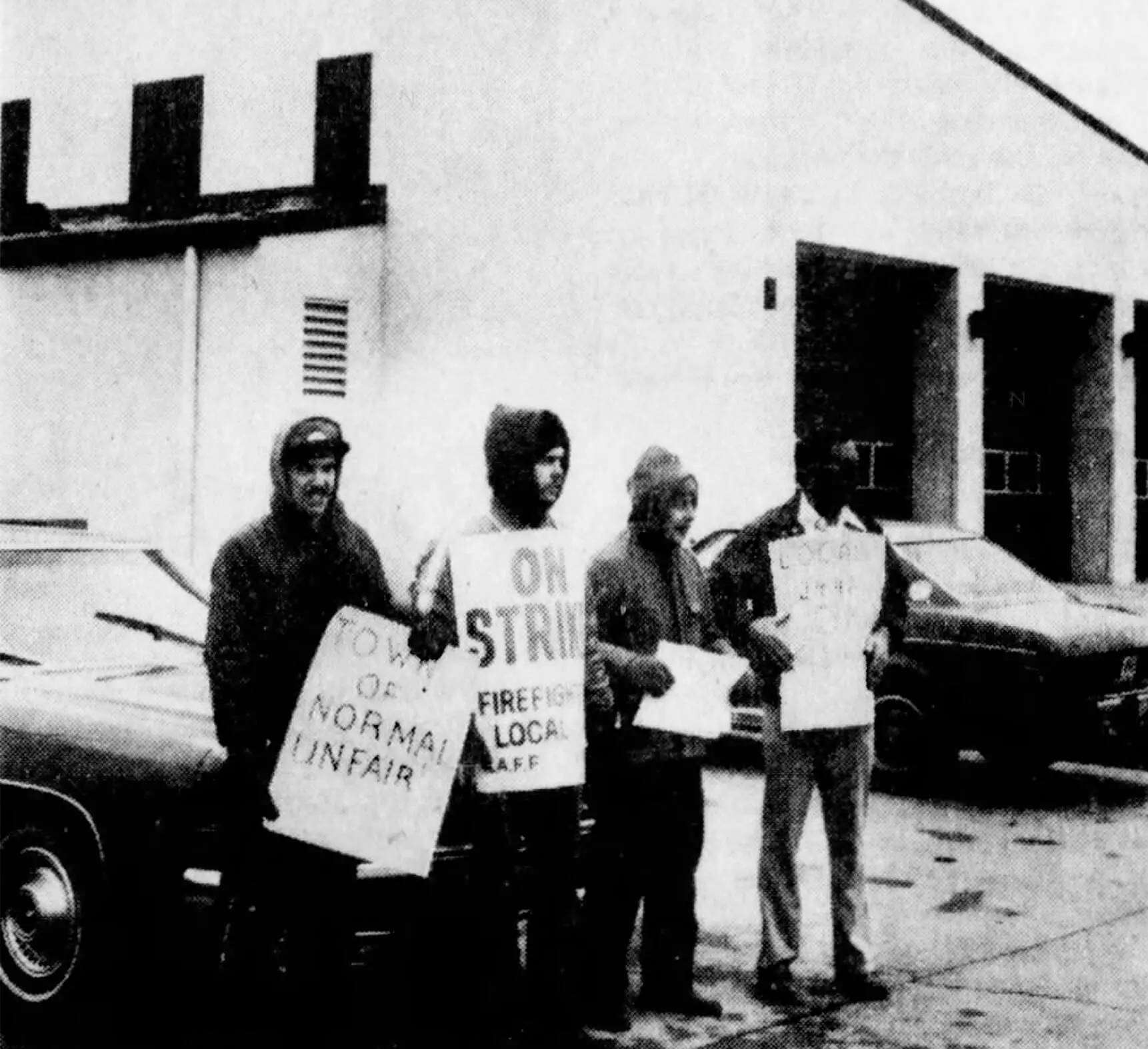
On March 21, striking Normal firefighters began picketing at city hall, the public works department garage, the Town's water plant, and Normal's two fire stations.
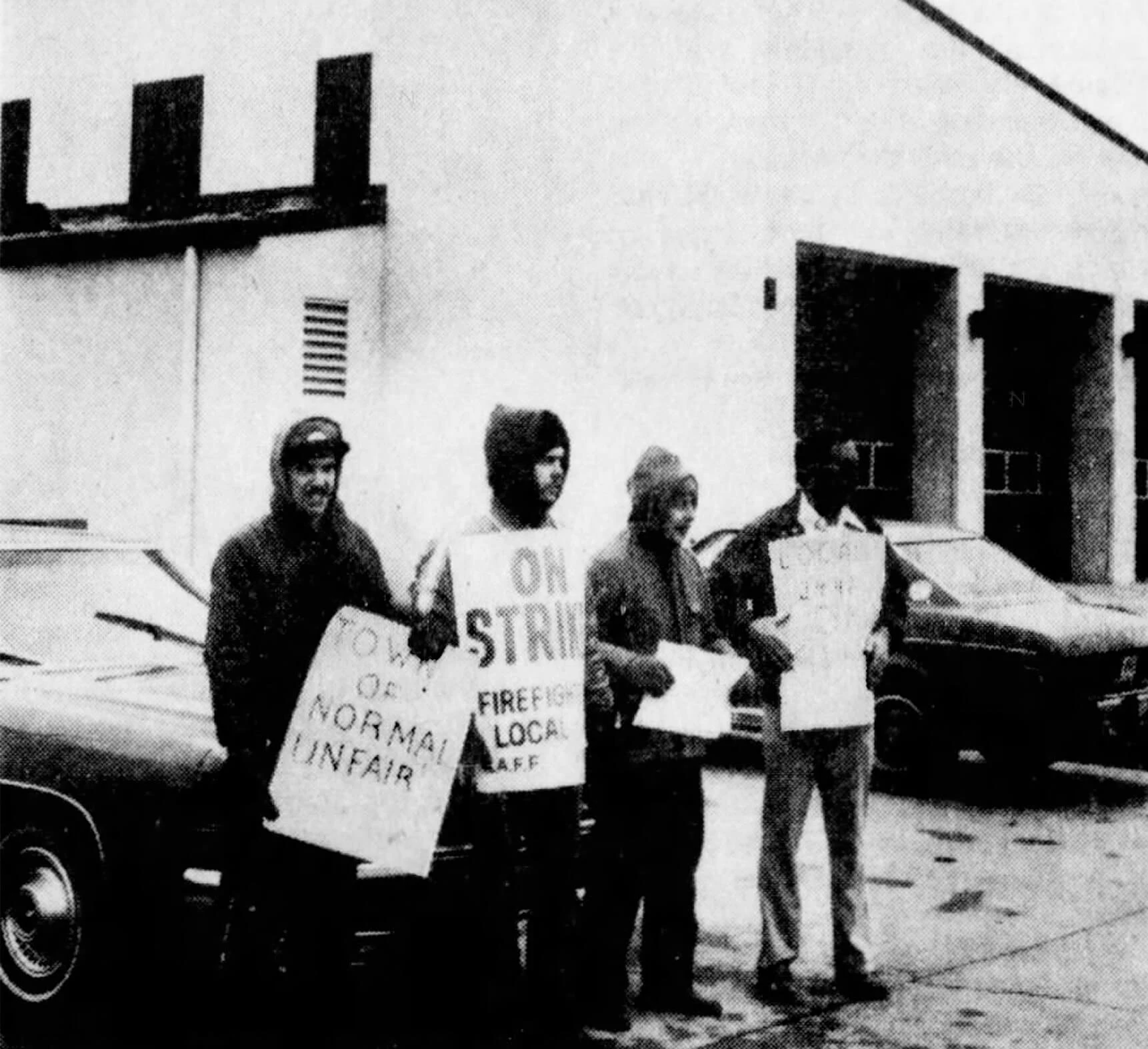
As firefighters and other unions across the state and nation offered their support, the strike became a national media event.
Soon, the daily shift-change ritual brought large crowds to Adelaide Street, cheering the firefighters on. Illinois State University students formed support groups. Other unions joined in picketing and protesting for the firefighters, including shutting down a Normal Town Council meeting.
On May 8, the Town of Normal announced a contract with Eagle 9-11, a private company hired to replace the strikers.
Supportive unions and community members were not happy about this decision.
The replacement workers were brought into Station 2, opposite Normal's city hall. Hundreds gathered outside the station that night. Some pelted the building with rocks and cut the gas and cable TV lines. Other unions, unhappy that replacement workers had been brought into town, jammed the street.
Unaware that fire services were still being provided by jailed firefighters, the replacements got an earful when Bloomington firefighters called the station. The next morning, the replacements left of their own accord.
On May 10, the strikers completed their 42-day jail sentence.
Determined to hold their ground, they promptly resumed their strike activities. Negotiations finally became serious.
Five days later on May 15, a tentative contract that included recognition of the firefighters' union was negotiated. At 5 a.m. that morning, the strike ended and the firefighters went back to work. Their strike had lasted 56 days—the longest in Illinois firefighter history. Two years later, when national outrage erupted in response to 26 Chicago fire deaths, Illinois finally passed a collective bargaining bill.
Reflection Questions
Who controlled the firefighters' contracts and what gave them that power?
What gave the Town of Normal the right to exclude officers from the negotiations?
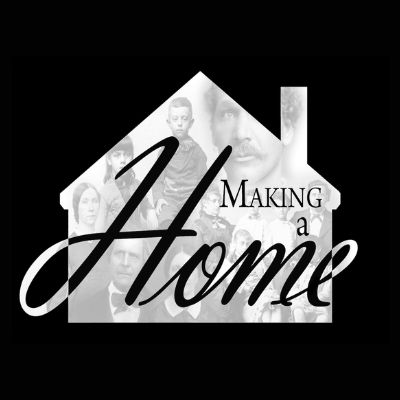 Making a Home
Making a Home
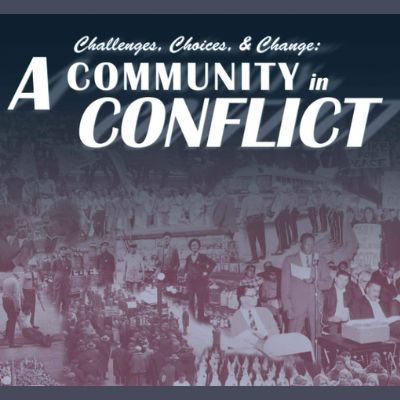 A Community in Conflict
A Community in Conflict
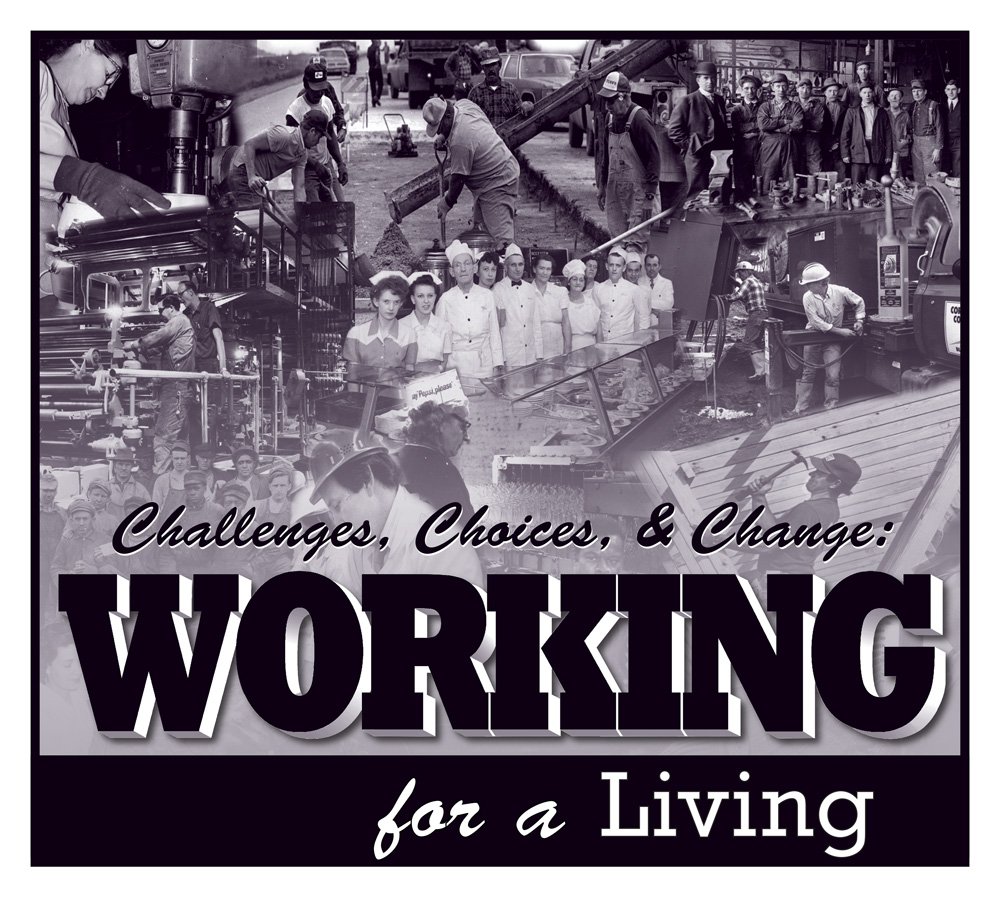 Working for a Living
Working for a Living
 Farming in the Great Corn Belt
Farming in the Great Corn Belt
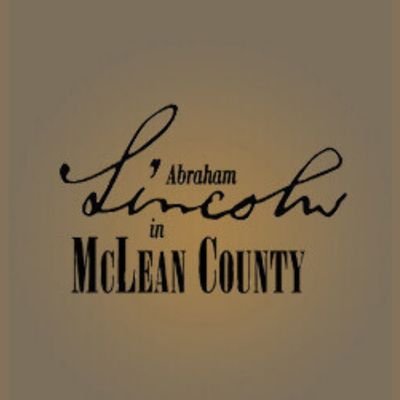 Abraham Lincoln in McLean County
Abraham Lincoln in McLean County
